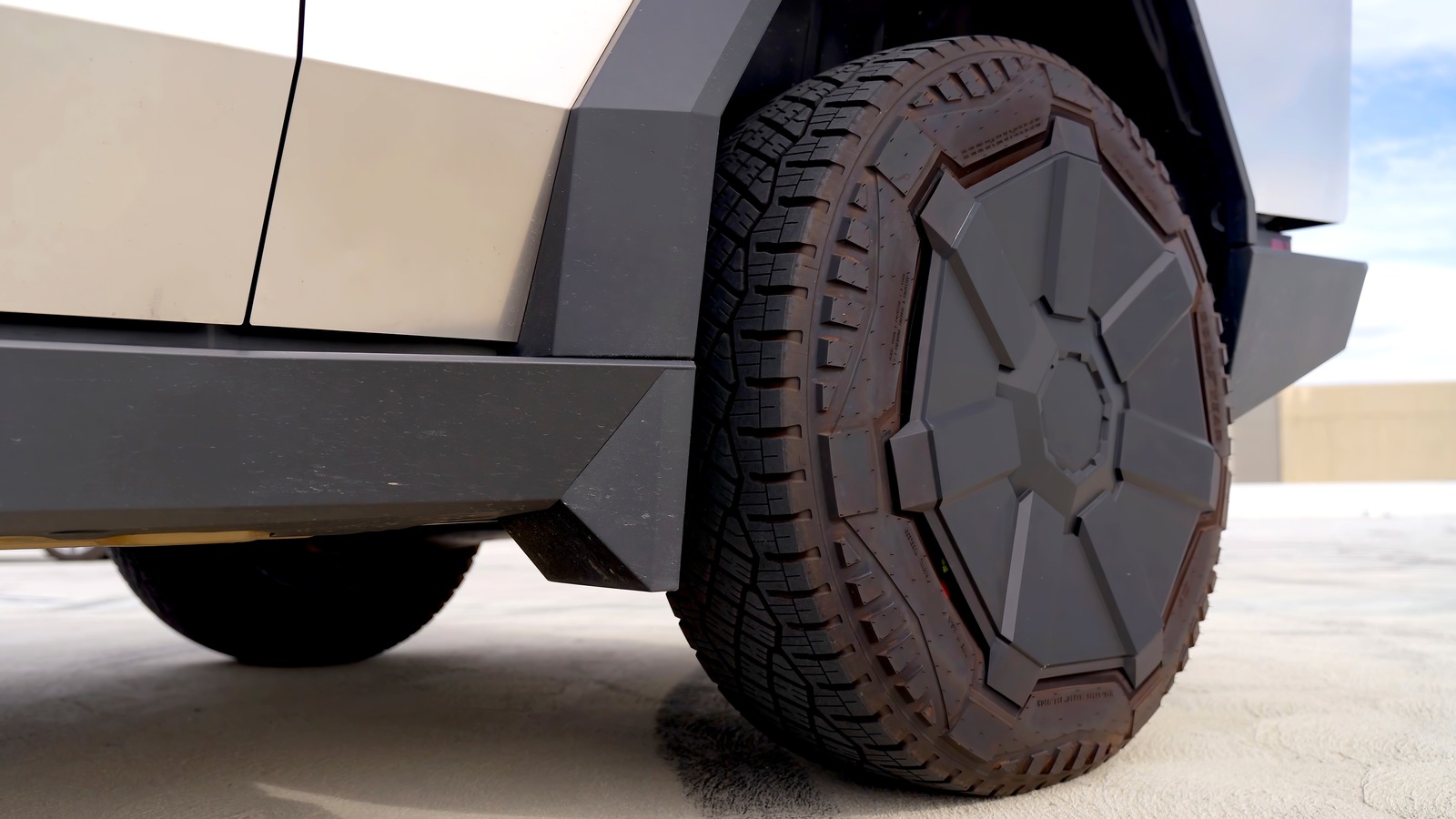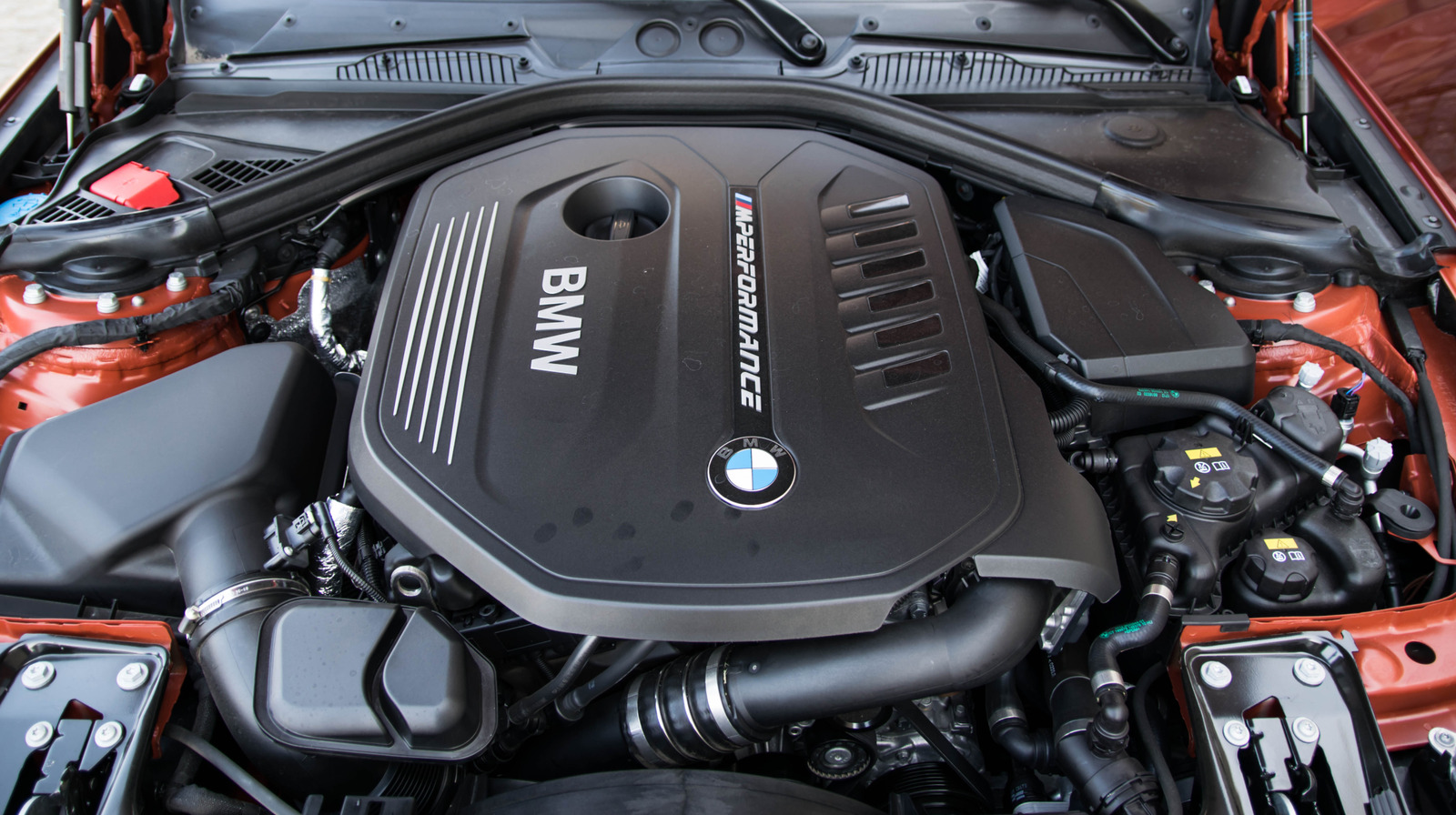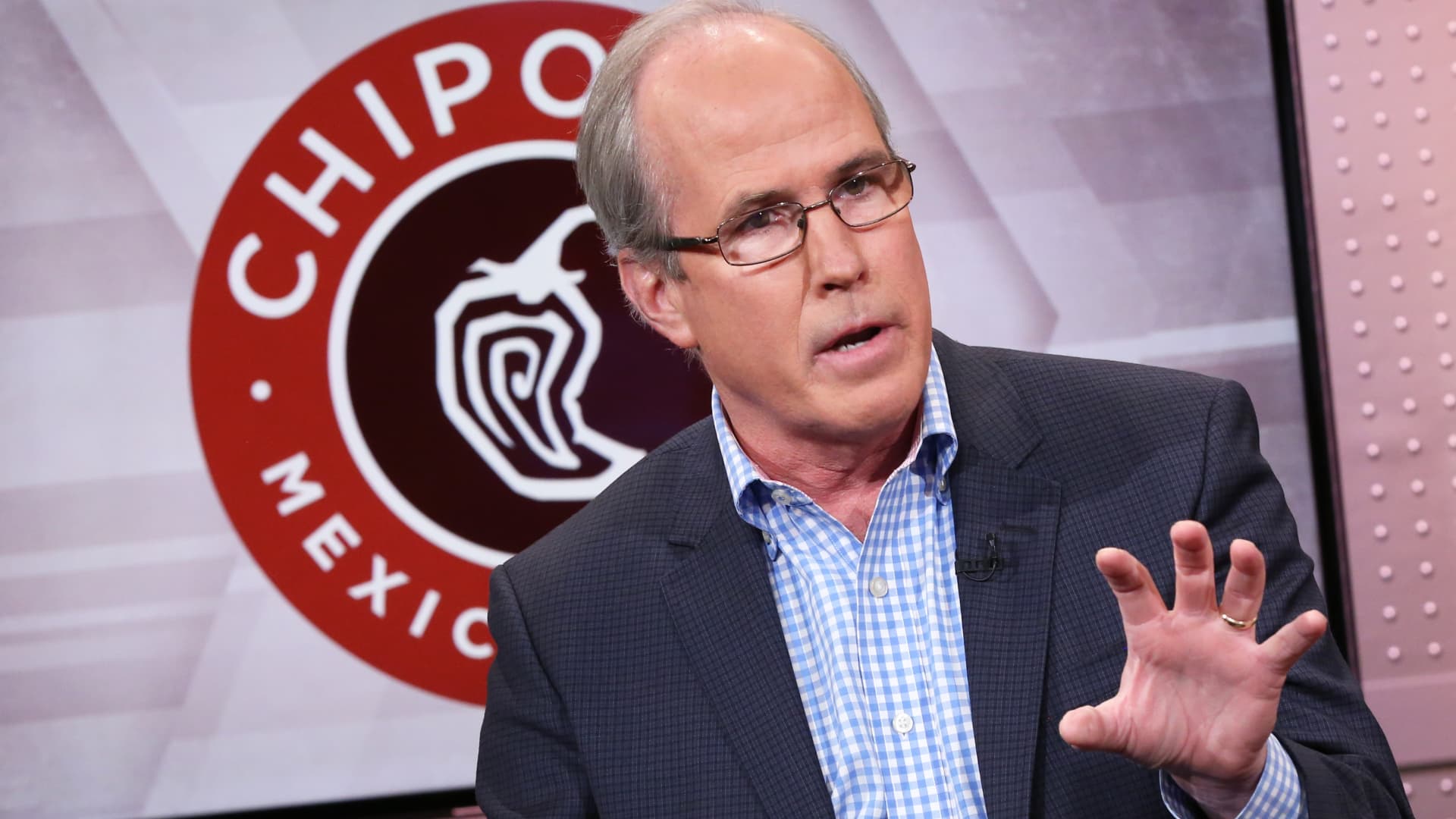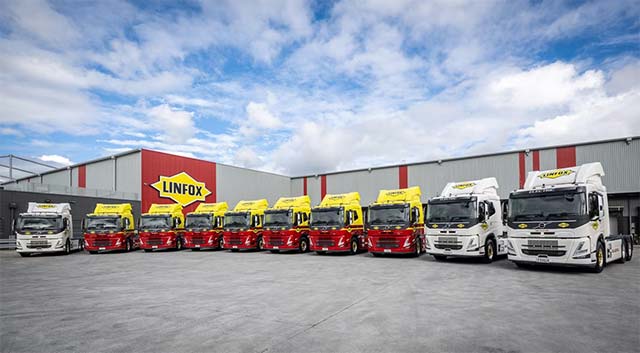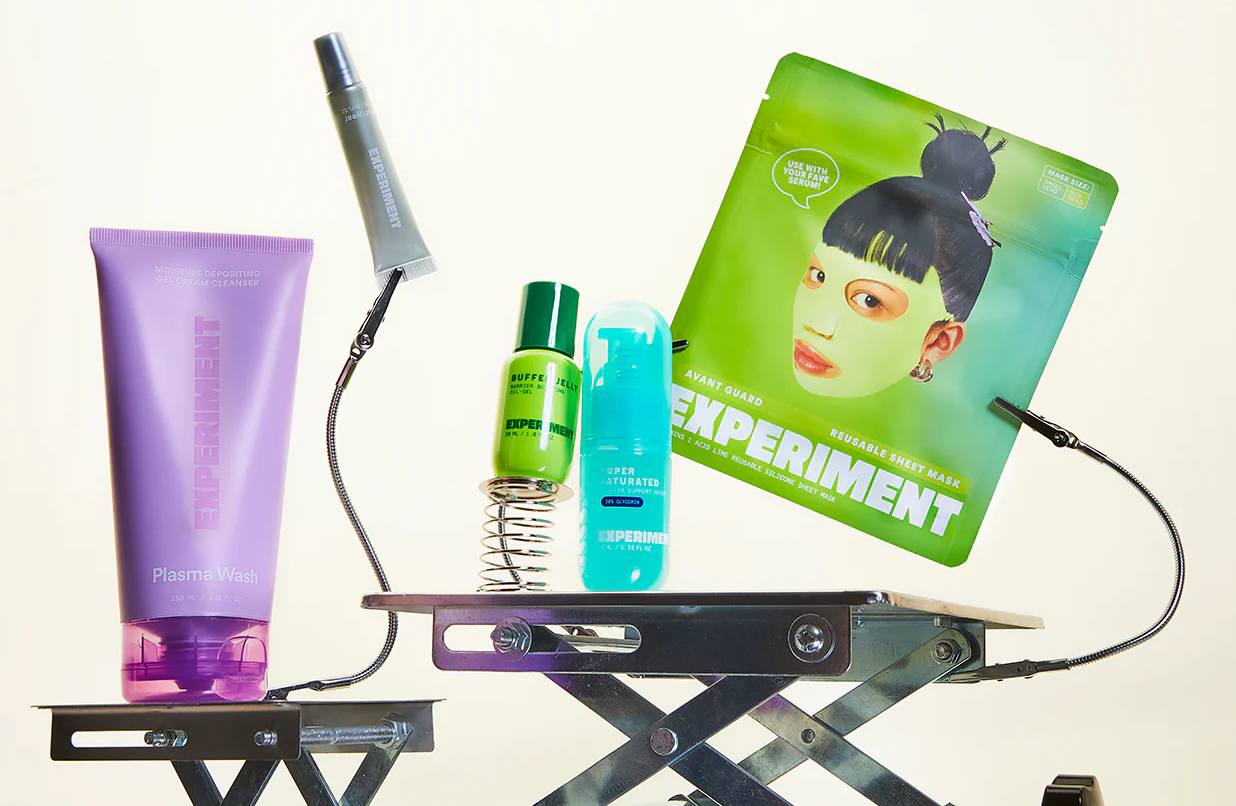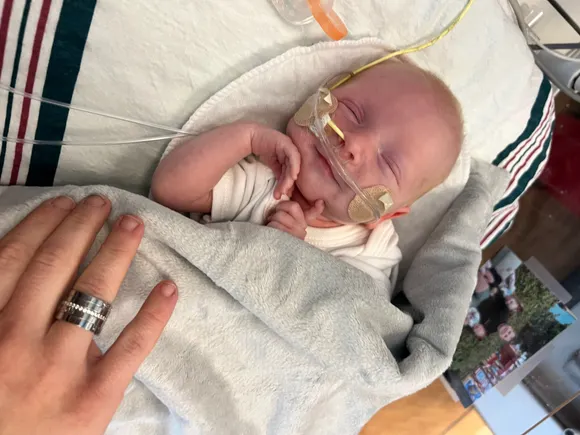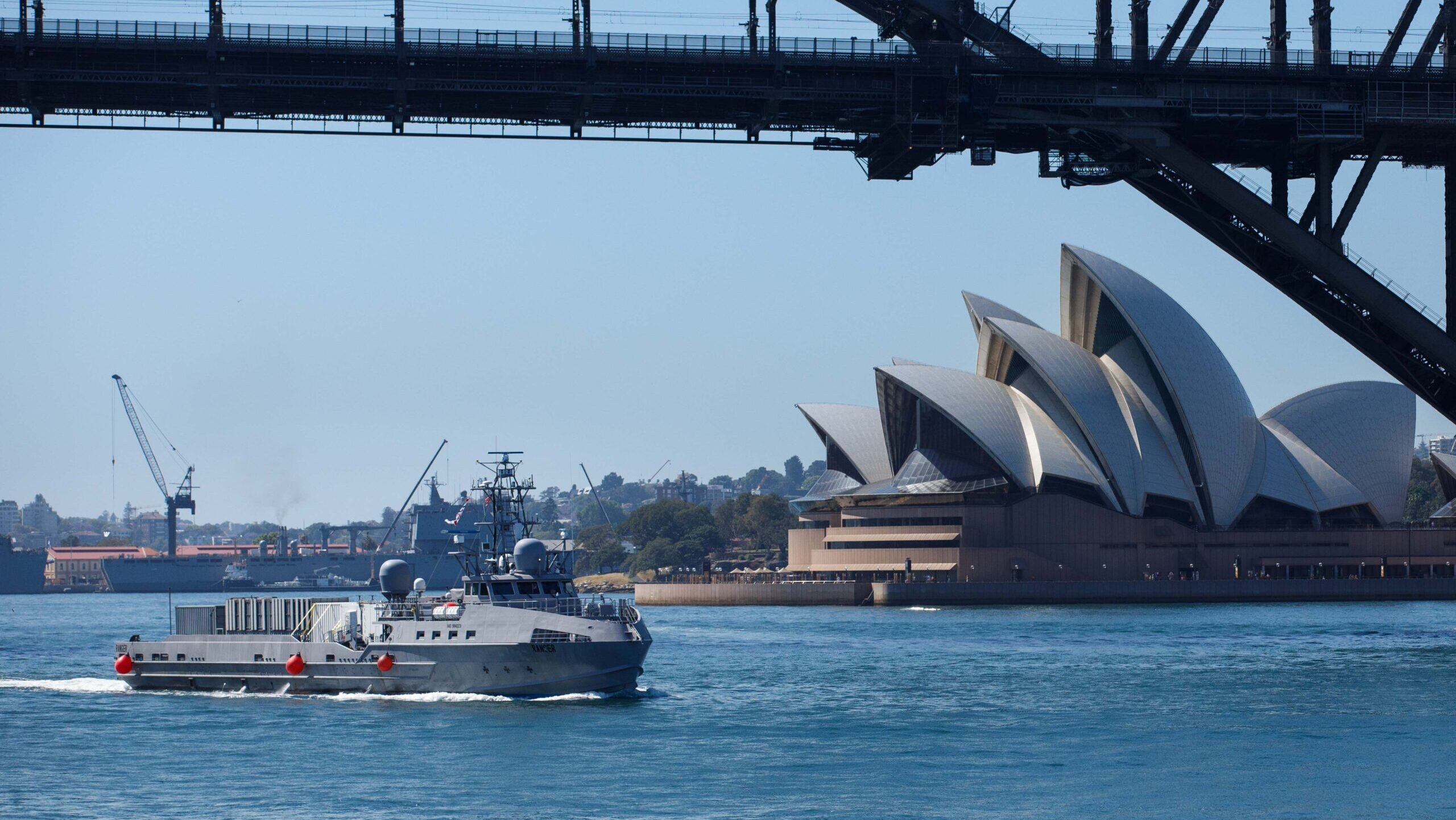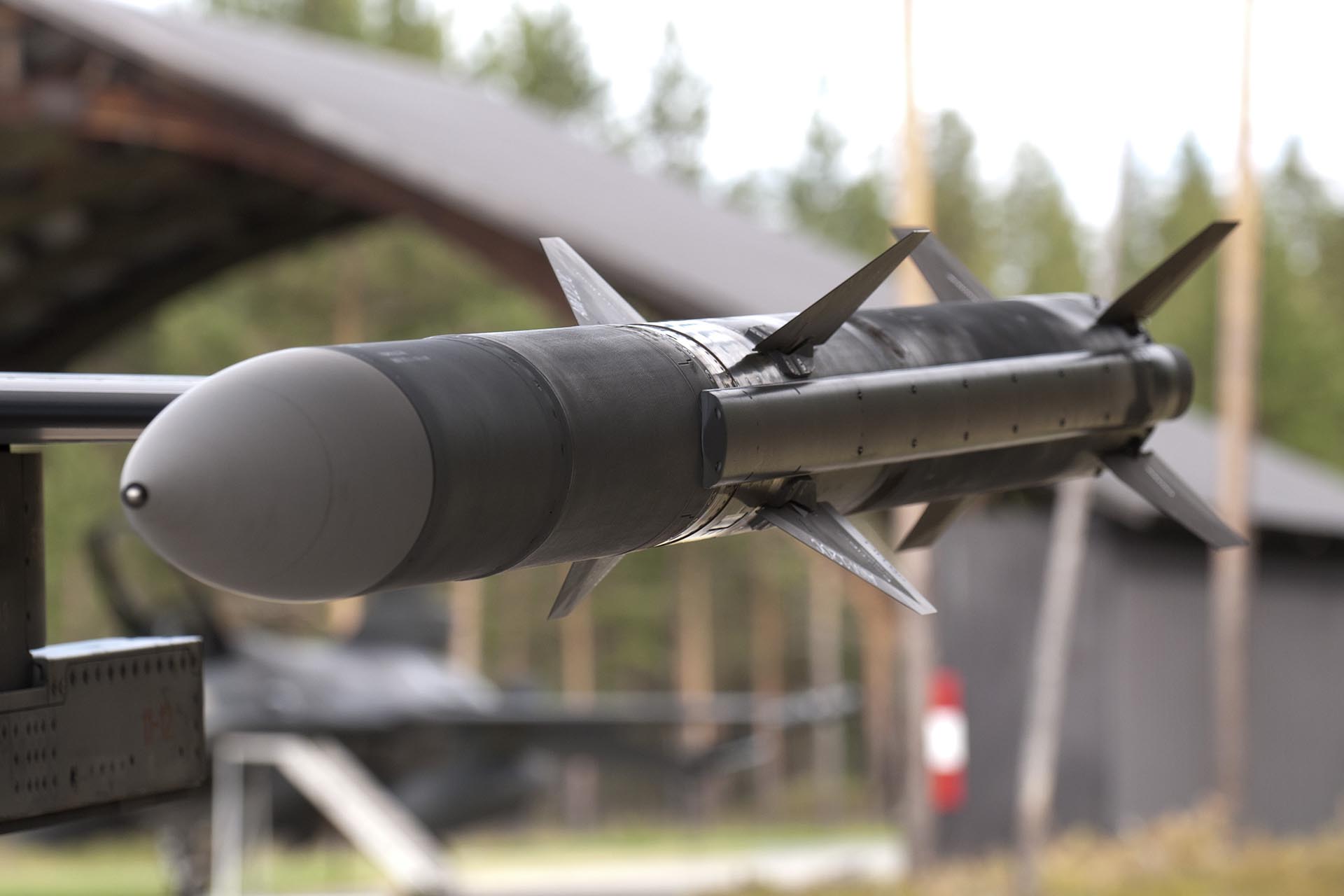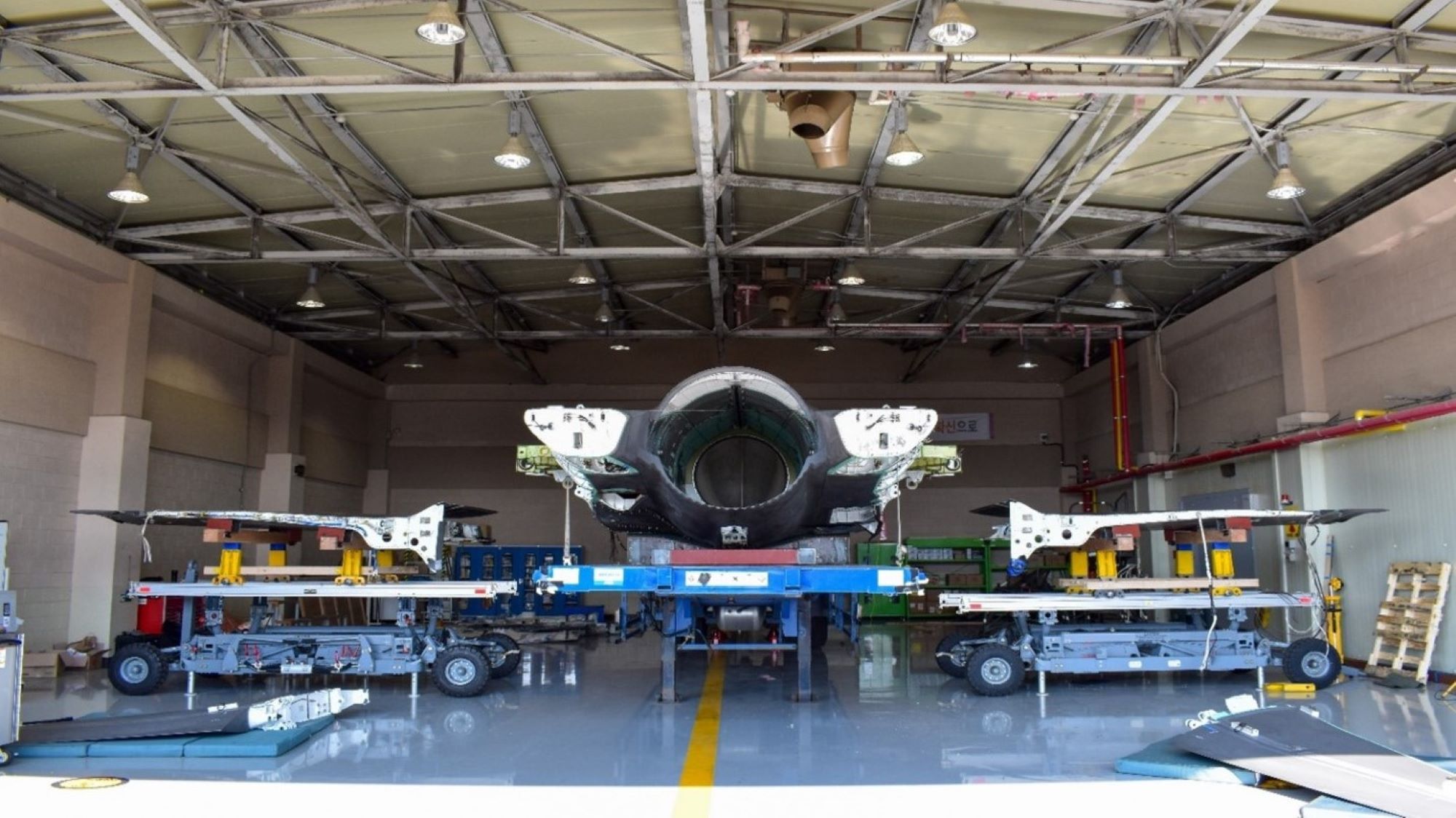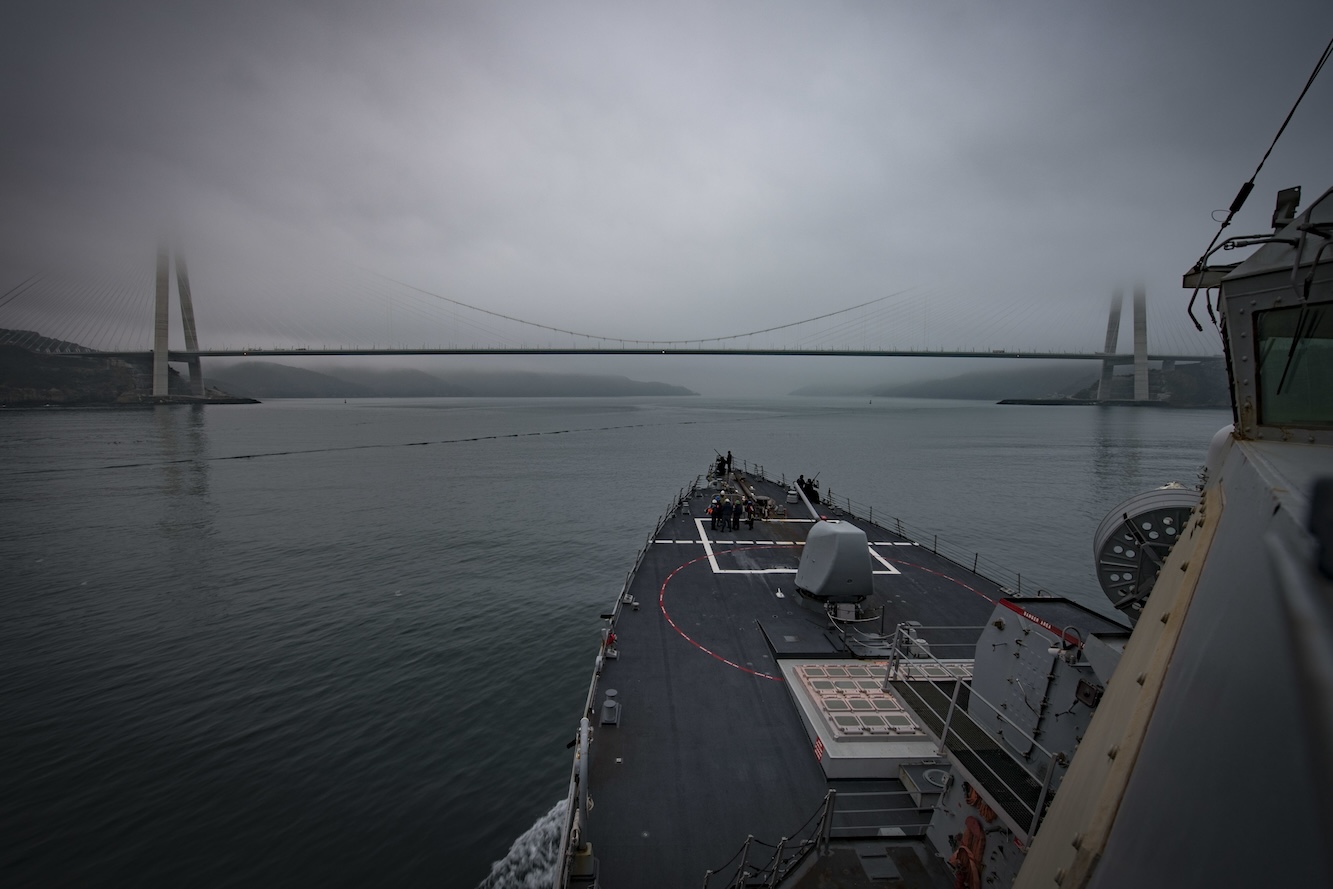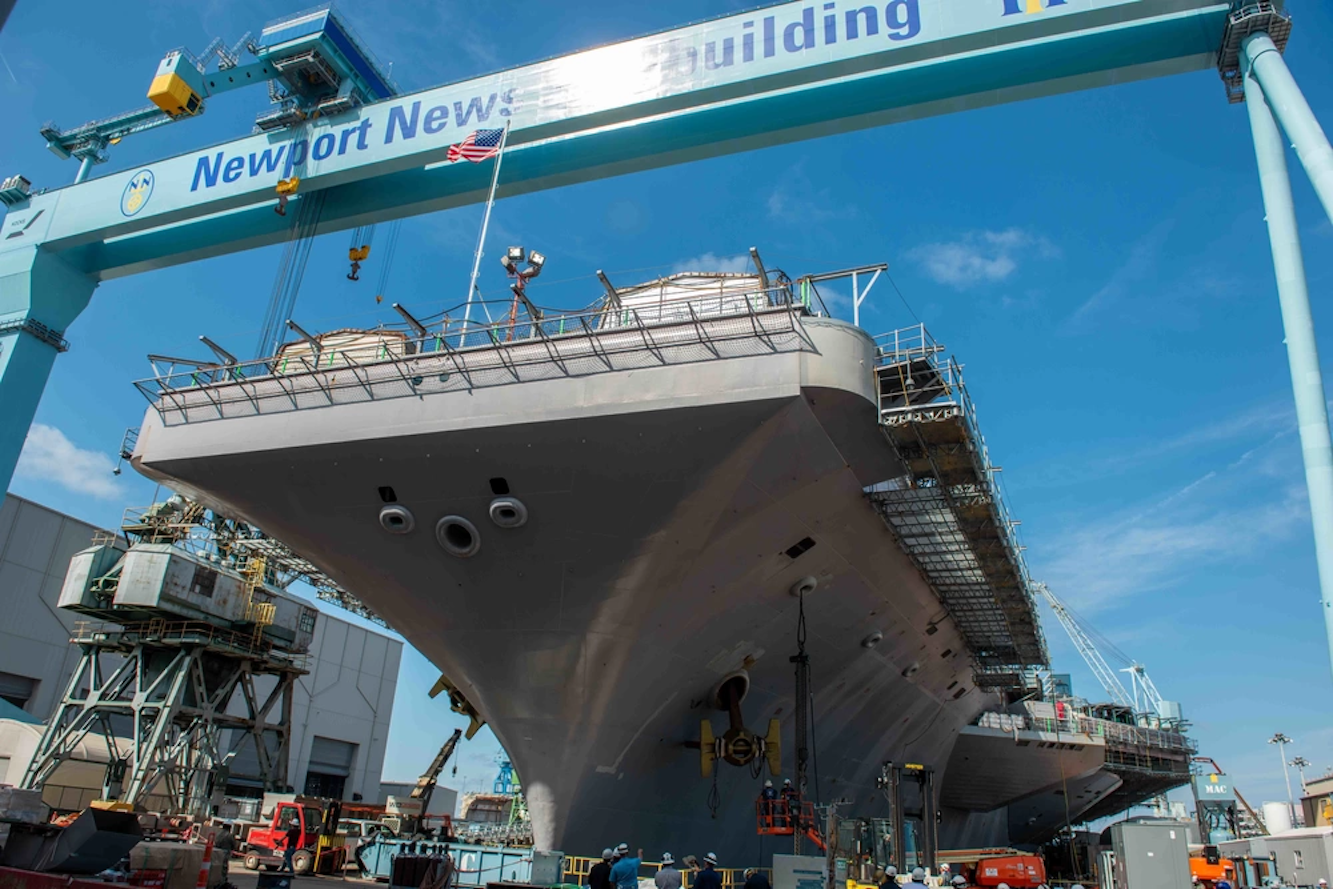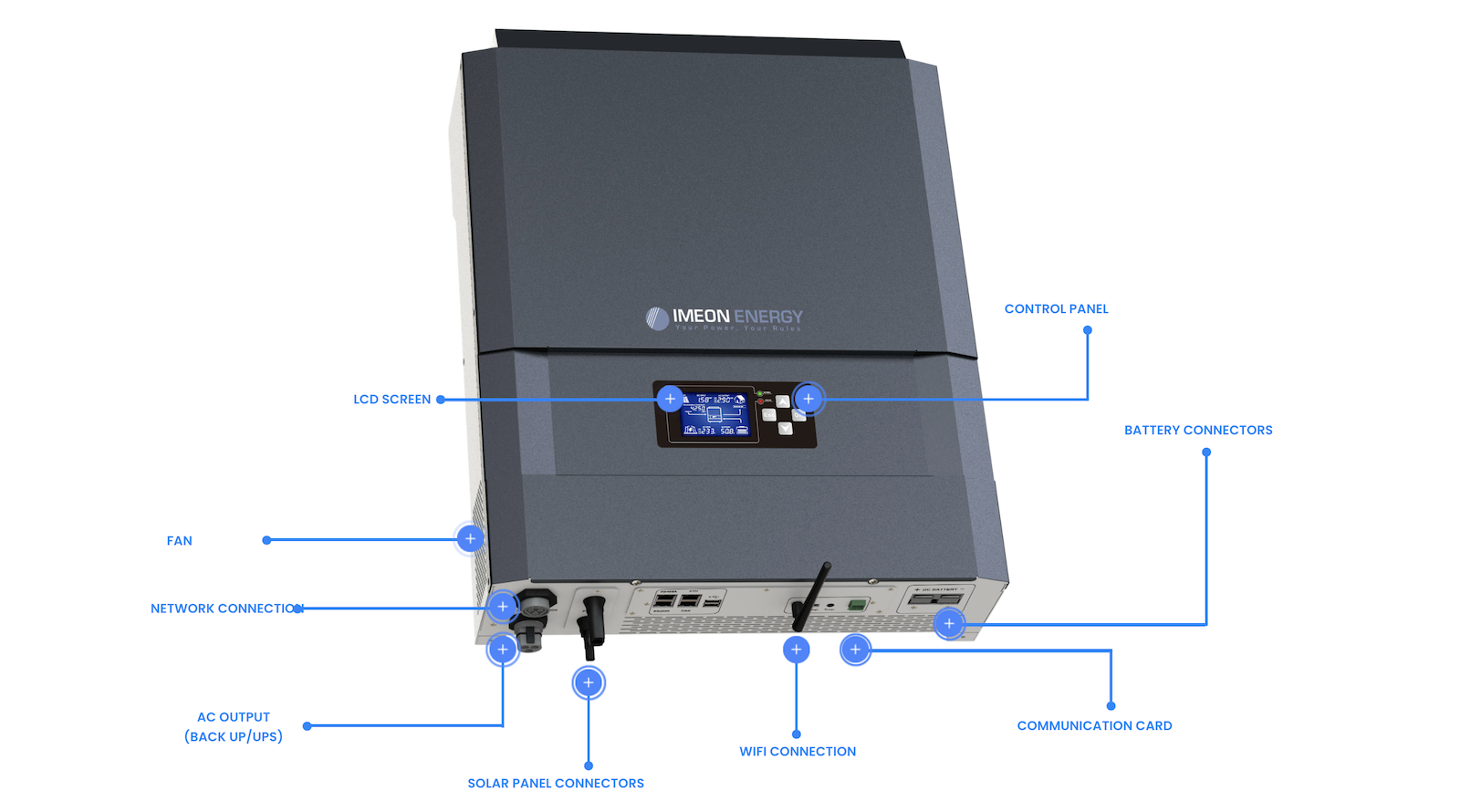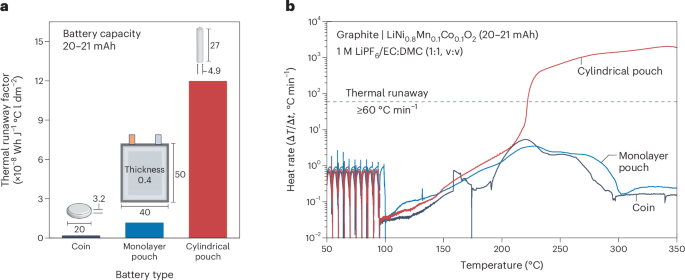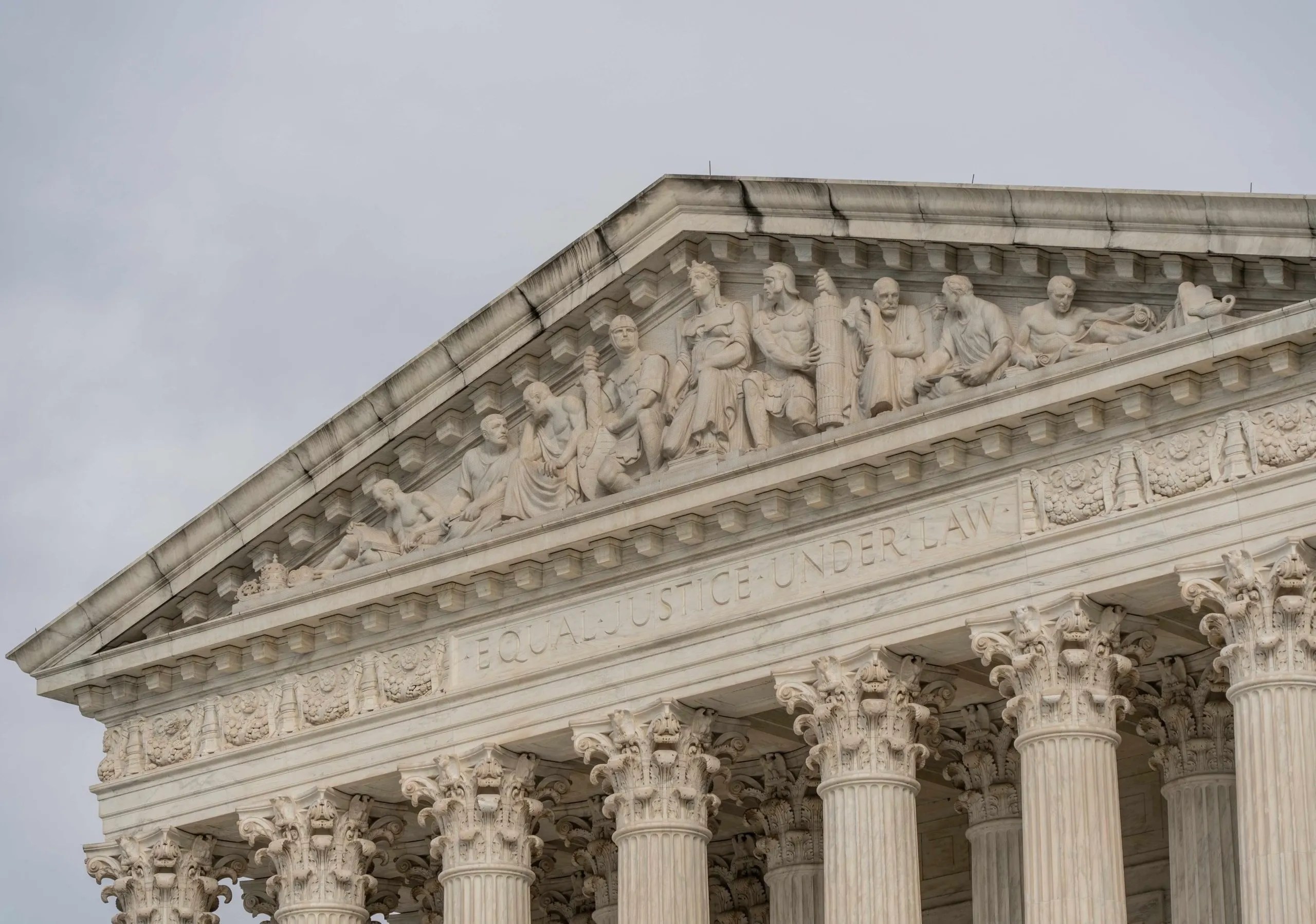Texas Senate Bill Would Limit Safety Records in Truck Crash Lawsuits
From nuclear verdicts to unqualified drivers behind the wheel, this article dives into the latest Texas bill that could restrict what juries hear after a crash and what that means for fleets, families and front-line accountability in trucking. The post Texas Senate Bill Would Limit Safety Records in Truck Crash Lawsuits appeared first on FreightWaves.

The Texas Senate just passed a bill, SB 39, that could rewrite the rules for how lawsuits involving commercial truck crashes play out in court. In plain terms? If this bill becomes law, a jury wouldn’t hear about a company’s prior safety record or driver hiring decisions unless the court had already found the company at fault for the crash in question.
Supporters say it’s about fairness. Critics say it’s about hiding the skeletons in the closet – the repeat violations, the failed maintenance and the “look-the-other-way” hiring that too often sits at the heart of deadly wrecks. This isn’t happening in a vacuum. This happens when we seem to have more commercial crashes than ever. It’s the headline every single day.
- Eden, North Carolina – Authorities say a city dump truck driver without a CDL ran a stop sign and killed four utility workers. The driver never should’ve been behind the wheel of any commercial truck, let alone one operated by the city.
- East Ridge, Tennessee – A fiery I-75 crash took multiple lives.
- Alabama – Authorities say a truck driver ran a red light, leaving two more dead.
- Alabama – A commercial truck driver is charged with murder after authorities say he caused eight crashes over 28 miles during rush-hour traffic on Interstate 65 South. Investigators say he admitted to drinking an “unknown amount of tequila” before the crashes.
These aren’t outliers. This is a systemic issue, but that’s why we do what we do for those who have gone into compliance and safety. At Trucksafe, we ensure that fleets understand their risk profile, liability, risk, and moral and ethical obligation to operate safely and build defensible programs. The debate now is whether SB 39 brings more fairness or fog to the courtroom. Fleets have the ability and resources to effectively manage their drivers, potential applicants and safety programs. They’re just not doing it, and the Federal Motor Carrier Safety Administration has limited resources to ensure they’re doing it.
What Does SB 39 Actually Do?
SB 39, introduced by Sen. Brian Birdwell, would block certain kinds of evidence, like past safety violations, maintenance lapses or bad hiring practices, from being presented in the first phase of a lawsuit unless fault is already established. That means if your driver plows into someone, the jury won’t hear about the five other incidents your company had last year until the second half of the trial, if there is one.
It builds on a 2021 law that already split trucking lawsuits into two phases. Now they want to go further.
Supporters, like Texans for Lawsuit Reform and the Texas Trucking Association, say it’s about keeping trials focused on the facts of the crash, not a company’s past. They argue it’s too easy to sway jurors with unrelated “bad acts” and inflate awards using emotion over evidence.
Opponents, from trial attorneys to law enforcement and grieving families, say this is a gift to bad actors. If a company has a pattern of hiring unqualified drivers or ignoring maintenance? That’s exactly what a jury should hear when deciding fault. We do this for individuals who are charged and convicted. After all, when a person is charged criminally in their trial and during sentencing of criminal defendants, there are typically guidelines that review a person’s history of illegal activity, how they’ve been raised, how they’ve lived their lives, etc.
Why Is This Even on the Table?
Nuclear verdicts are a real issue. We’ve seen some eye-popping numbers in recent years in cases that were ignorant and not even the fault of the defendant in either case:
- $100 million against Werner.
- $465 million against Wabash (reduced on appeal but still massive).
- $1 billion against a fleet in Florida.
These verdicts are insane, and much of that comes from the Reptile Theory, a legal strategy where lawyers shift the jury’s mindset from “what happened” to “what could’ve happened to your family.” It’s emotional extortion of juries. It’s personal. It’s effective.
Pair that with third-party litigation financing and hedge funds bankrolling lawsuits for a cut of the payout, and you have the perfect storm: jury rage, deep pockets and a public that’s tired of unsafe trucks.
So yes, carriers are nervous, and politicians listen to those who write big checks.
What About the Real-World Crashes?
Take the Eden, North Carolina, crash, for example. A CDL-less city dump truck driver is alleged to have killed four linemen doing their jobs on the side of the road. Now imagine a lawsuit where the jury doesn’t hear that the city hired him without making sure he was even licensed, didn’t verify his license and didn’t have a compliant driver file. That kind of omission is dangerous.
These are the details that families rely on to hold fleets accountable. If SB 39 passes and spreads to other states, we could see an increase in cases where truth gets buried in Phase 2, a phase many cases never reach.
Managing Your Programs to Manage Risk
If fleets want to avoid becoming the next headline or courtroom cautionary tale, it starts with getting ahead of risk before it drives itself into a lawsuit. The tools are already in the toolbox. Systems like Motive for telematics, dashcams and fuel analytics, Tenstreet or Haul for driver recruiting and onboarding, Fleetio and Full Bay for maintenance visibility, and Drivewyze for inspection bypass and violation tracking aren’t futuristic options. They’re available now. Add in vetting and compliance platforms like Checkr, HireRight, Samba Safety, Driver iQ and even Haul Compliance, and you’re not guessing about your risk, you’re managing it.
Training platforms like Luma Brighter Learning, the Smith System and National Safety Council defensive driving programs can reduce unsafe driving, coach driver fitness, and reinforce good habits from the start. With consultants like TruckSafe helping fleets stay compliant with FMCSA’s BASIC categories, from maintenance to controlled substances, hours of service and crash history, the excuses wear thin. We have the right systems, tech and training to build defensible fleets and safe operations. In this legal climate, it’s not a question of if you’ll be held accountable; it’s when.
Where Do We Go From Here?
We no doubt need and should be demanding highway litigation reform, but absolving fleets of accountability for historical and everyday behaviors and failures is not the answer. While plaintiffs should be made whole when a commercial crash occurs, there should be limits to the involvement of third-party litigation funding and limits to damages. Being made whole due to someone else’s negligence is common sense, but when a $100,000 claim becomes a $400 million lawsuit to fleece carriers and insurance companies, that’s where the issue lies.
SB 39 has already passed the Senate and is now sitting in the Texas House Judiciary & Civil Jurisprudence Committee. If it passes, it could become a blueprint for legal reforms across the country.
The stakes aren’t just legal. They’re human. If you’re running a fleet, this is a wake-up call: Your hiring practices, maintenance records and DQ files matter. And even if a jury doesn’t hear about them in Phase 1, the families and attorneys will.
If you’re a lawmaker reading this? Think twice about how you shield fleets and drivers from accountability. Because at the end of the day, the ones burying their children don’t care what phase the trial is in. They just want the truth. They just want to be made whole. We have good and bad drivers and fleets, and we all share the road, so this could be any of us on any given day involved in commercial accident litigation or funeral preparations.
The post Texas Senate Bill Would Limit Safety Records in Truck Crash Lawsuits appeared first on FreightWaves.











